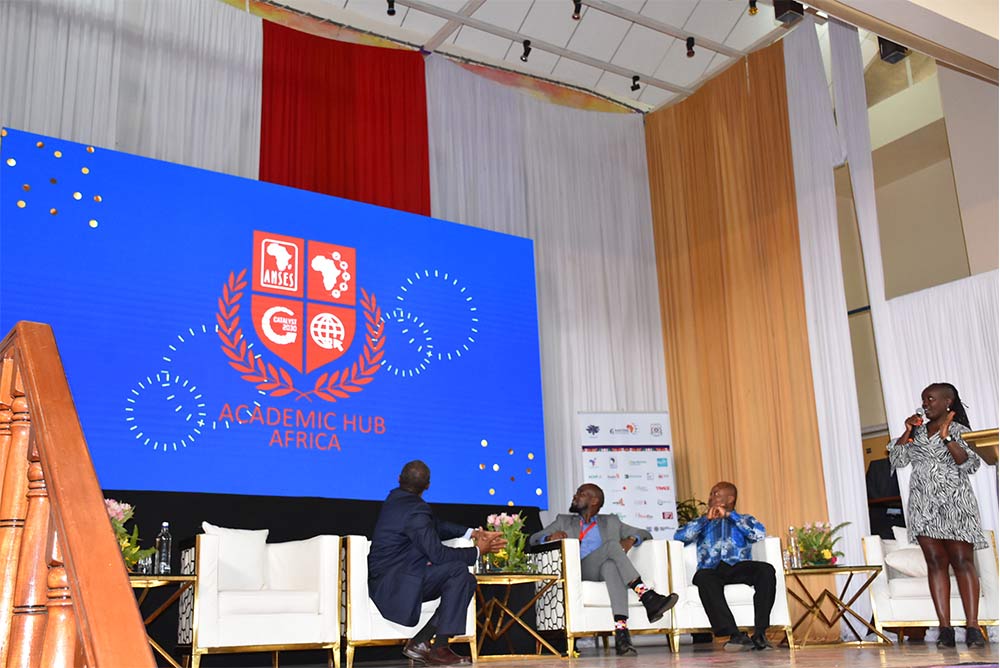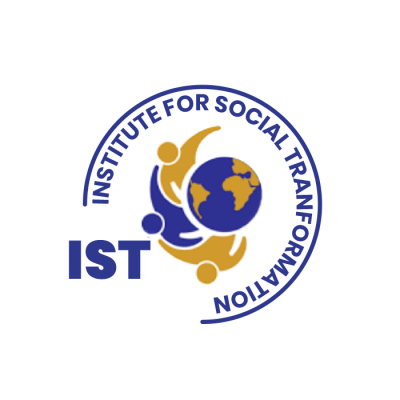
This was the first session by the Africa Academic Hub which is a platform initiated during the Annual Africa Conference on Social Entrepreneurship. It aims to bridge the gap between academia and practice in social entrepreneurship. The four pillars are sharing best practices, collaboration in research and initiatives, innovation in educating change makers and taking concrete actions to advance social entrepreneurship in Africa.
Social entrepreneurs are fundamental for the social transformation of Africa.
“Social entrepreneurs are the ones who find a way, no matter what, to solve problems that others have given up on, and they do it in a sustainable way.” – Vincent Ogutu, Keynote speaker.
Several key figures and institutions are leading the charge in social entrepreneurship education and have novel teaching practices in social entrepreneurship working to cultivate a critical mass of social entrepreneurs across the continent.
Ashesi University – Patrick Awuah
Ashesi University, guided by Patrick Awuah, is a shining example of this commitment. Located in Ghana, Ashesi offers one of the world’s most comprehensive entrepreneurship and social entrepreneurship programs. Students embark on a journey that begins with design thinking in their first year, and they are given seed funding for their ventures. Notably, those who succeed receive support to scale their initiatives, while those who pivot are encouraged to transform their lessons into research articles, demonstrating the university’s dedication to lasting change.
African Leadership Academy – Fred Swaniker
Fred Swanika, also from Ghana, is another visionary driving social entrepreneurship education. His African Leadership Academy brings together the brightest young minds from across the continent for a world-class education. Building on this success, Fred has established over 20 leadership universities throughout Africa. The African Leadership University in Rwanda, one of his flagship projects, stands out for its unique approach. Students are encouraged to identify their daily motivations and ambitions to create lasting change in the world. Each course they take contributes to realizing their goals, culminating in the development of a social entrepreneurial venture.
Strathmore University – Vincent Ogutu
Vincent also brought attention to Strathmore University, where social entrepreneurship is ingrained in the institution’s DNA. Strathmore’s programs are designed to address societal issues presented by industries and governments. Collaborations like the Hult Prize partnership drive innovation and social entrepreneurship by hosting innovation competitions accepting teams from across the globe. A notable initiative at Strathmore involves training Catholic nuns in sustainable business practices, guiding them to transform their ministerial programs into social businesses.
University of KwaZulu Natal – Shahida Cassim – Create Living Lab
It bridges academia and real-world social entrepreneurship. The 3-day program pairs university students with social entrepreneurs, addressing real-world challenges. Students come from diverse backgrounds and collaborate with public sector entities, experts, and social entrepreneurs to devise and test innovative solutions.
‘This is an opportunity for co-creation between university students and the social entrepreneurs in our ecosystem’
Tangaza University College – Br. Dr. Jonas Yawovi – Pedagogy for Training Social Innovators – MBA in Social Entrepreneurship & Sustainability
This approach shifts students from an exam-oriented mind-set to a focus on acquiring practical skills. The pedagogy comprises key pillars: “creative knowledge” that emphasizes the creative sharing of information, “reflection” to connect learning with real life, “questioning” to foster innovation and critical thinking, “problem-based learning” with a “team focus” on solving real problems, “application of tools’’ for problem-solving, “engagement” with social entrepreneurs to connect the classroom with real-world practice, and “solution-driven” learning, where students actively seek solutions to problems. This approach transforms the educational experience into a journey of problem-solving and skill acquisition, emphasizing the outcome rather than traditional exams.
University of Pretoria – Alex Bignotti – A Social Innovation Module
This focuses on experiential learning in social innovation for final-year undergraduate students. It involves forming diverse groups of students who engage with a local community to identify and address social issues. The process includes empathy with users, brainstorming solutions, assessing economic viability, mapping social impact, and pitching ideas to a panel. Reflective journals help students to grow in self-efficacy, understand their role in civil society, and apply what they’ve learned. The approach enhances their understanding of real-world issues and encourages them to make a positive impact.
As a first session this conversation sets a great path towards moving the needle forward on social entrepreneurship education and practice in Africa.
‘’I envision academics uniting, sharing their powerful ideas, and collaborating to propel the cause of social entrepreneurship forward’’. – Vincent Ogutu – Keynote speaker
Our next session is on 1st November 2023 is on Preparing Young Leaders to Become Agents of Social Change in Africa! – Building a Social Entrepreneurial Mindset.
